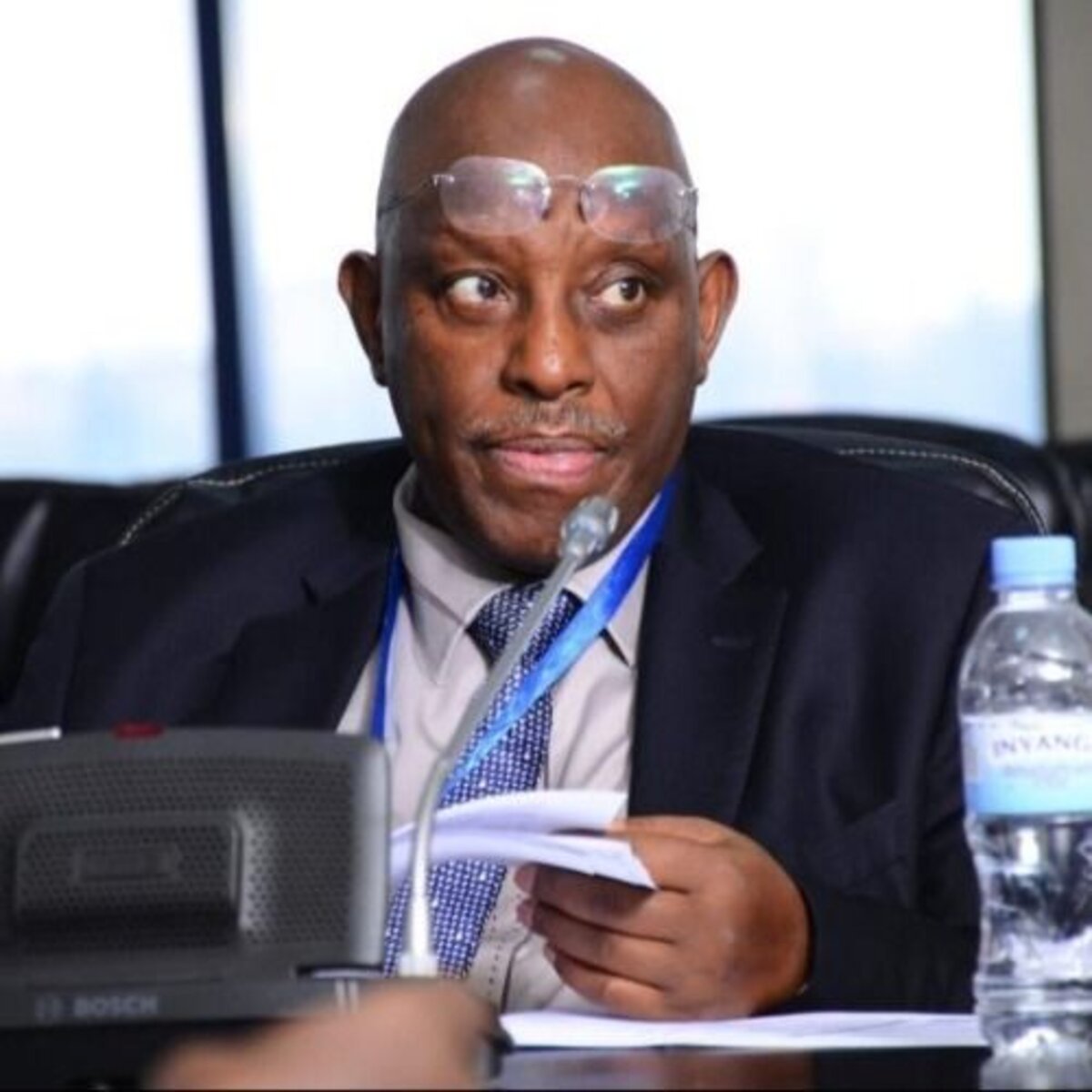AT THE HEART OF AFRICA
Rwanda is one of the oldest nations in Africa, comparable to Japan in Asia or England in Europe.

Par Dr. Twahirwa Setako J.
African Thinker
Rwanda does not seek to challenge anyone, particularly the recently created states. It simply aspires to return to its roots, finding the originality of its governance by drawing from its ancestral traditions.
This country, at the heart of Africa, strives to heal the wounds caused by its encounters with colonizers, neocolonialists, and their agents worldwide.
Rwanda remains ever vigilant and knows how to defend itself. It faces the pawns of neocolonialism and their obliges in Africa, who sow insecurity, divisions, and tribal and ethnic hatred.
Divide and rule is the modus operandi of colonialism and neocolonialism, using two weapons of mass destruction: corruption and impunity.
Rwanda confronts numerous challenges, including those posed by certain international organizations whose names hide their harmfulness. Nonetheless, in its quest for original paths, Rwanda considers the contributions of both the West and the East in a win-win context.
However, Rwanda also observes the limits of Western democracy, where political parties can lead to deadlocks, such as in Belgium, where the inability to form a government can last over a year, or in France, where the lack of a parliamentary majority leads to deadlock or compromises. In the United States, two parties alternate without resolving the fundamental problems of crime and endemic poverty.
Elsewhere in the world, some extreme right-wing parties or pseudo-democratic alternations act like mafias sharing power under a model of pseudo-democracy and quid pro quo. We are witnessing an ideological, identity, and moral crisis in the West, which contaminates other continents while remaining the reference in religious and worldview terms.
Those seeking other paths are misunderstood by conservatives and fought by interposed pawns. However, some in the West are beginning to understand that the solution might come from elsewhere, notably from the diverse youth, including African.
Their talents are exploding in all fields, including at the Olympics. The solution could also come from models of some countries whose strategy intrigues and arouses interest. Rwanda does not compete with anyone. It simply seeks its path, based on peace and security, fighting poverty and unemployment.
Rwanda is developing knowledge industries, schools of the future, and reference hospitals for its people. If some countries come to seek the model, Rwanda opens the door to them, without fanfare. It attracts international conferences and tourists.
A true democracy is distinguished by its checks and balances, not by the number of political parties. In Rwanda, the checks and balances include churches with guaranteed freedom of worship, associative movements, NGOs, and unions. While abstention rates during elections are breaking records in the West, the enthusiasm for elections in Rwanda amazes observers.
Elsewhere in Africa, elections are often marked by confrontations. In Rwanda, they are a communion and a festive celebration. The president is seen as a protector and a just ruler, listening to the people's grievances during his tours in the country and around the world during Rwanda Day, to engage with the diaspora.
Rwanda fights corruption and impunity, two plagues in Africa, while these ills persist in the West. In Rwanda, the youth and women are put forward in government and parliament, as exemplified by the Secretary of State for Education, a young woman who has concluded agreements with Tampere University of Applied Sciences and Finest Bay Area Development Oy in Finland to support the education of young people in applied sciences and entrepreneurship.
Projects for future generations are designed by young leaders in all sectors, such as the African Institute for Mathematical Sciences (AIMS) in Kigali and Carnegie Mellon University Africa.
In Rwanda, decentralization ensures the five common goods: health, education, housing, food, and justice for all. These common goods are the foundations of participatory democracy, supported by locally designed solutions and traditional values.
The success of Rwanda also relies on its diaspora, the sixth province, structured and organized, bringing permanent investments and know-how. It defends Rwanda worldwide through a dynamic network, notably on social media.
The diaspora provides solutions adapted to Rwandan realities, such as Ircad Africa, an institute for training and continuous education in minimally invasive surgery for the 55 African countries, Kigali Lab, Unleash Rwanda, Hills Connect, and the Rwandan diaspora in Finland, which organizes business forums with Finnpartnership and Finest Future.
Rwanda's development relies on its human capital, not on raw materials stolen from its neighbors. Visionary leadership is more crucial than underground riches, often mortgaged by over-indebtedness in some countries.
In a win-win geopolitical strategy, Rwanda does not want to depend on anyone. At the heart of Africa, it advocates for openness and the integration of foreigners with the option of Rwandan naturalization, without distinction of race or ethnicity.
Despite criticisms and imperfections, the will to take charge predominates in Rwanda, with a constant pursuit of unity, peace, and security. Thus, Rwanda, the heart of Africa, continues its march towards its destiny with courage, resilience, and dignity.



